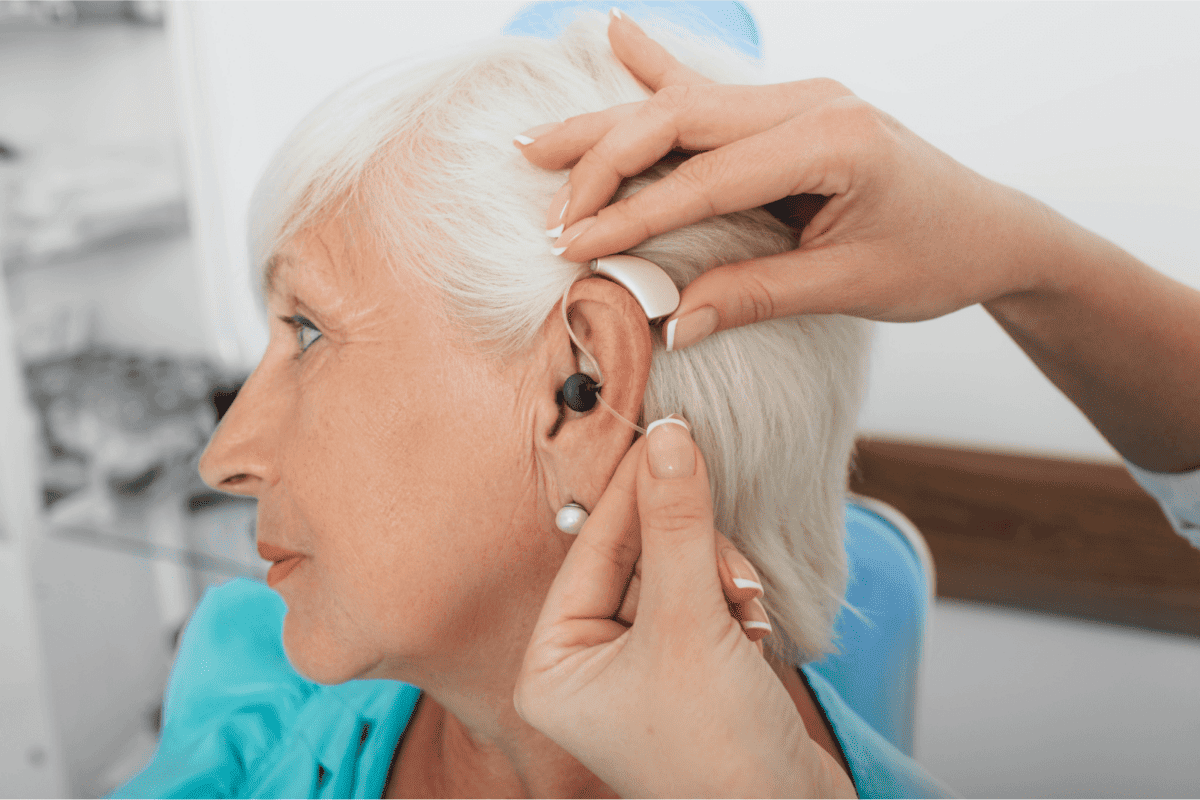As audiologists with years of experience in the field, we have witnessed the transformative impact of technology on hearing health. Hearing aids have evolved significantly over the years, and staying up-to-date with the latest advancements is crucial for individuals with hearing loss.
The Evolving Landscape of Hearing Aids
The world of hearing aids has seen remarkable progress in recent years. Gone are the days of clunky, one-size-fits-all devices that amplified sound without addressing individual hearing needs. Today, hearing aids are sleek, customizable, and equipped with cutting-edge technology, including AI, to enhance the listening experience.
One of the primary reasons to consider updating your hearing aids is the advancements in sound processing. Newer models feature sophisticated algorithms that can differentiate between various sounds, making conversations in noisy environments significantly more manageable. Additionally, directional microphones have become more precise, allowing wearers to focus on the sounds they want to hear, whether it’s a friend’s voice or the rustling of leaves in the wind.
The Importance of Early Detection
Before delving further into when to update your hearing aids, let’s emphasize the crucial importance of early detection. Hearing loss is a gradual process, often going unnoticed until it starts to affect daily life. Regular hearing check-ups are essential to catch hearing issues in their infancy, as early intervention can prevent further deterioration.
Modern audiology employs a range of diagnostic tools and techniques to assess hearing loss accurately. Audiologists use pure-tone audiometry, speech audiometry, and other specialized tests to determine the extent and type of hearing loss. Identifying the specific nature of hearing loss is essential, as it informs the choice of hearing aids and treatment strategies.
When to Consider an Update
Changes in Your Hearing:
If you’ve noticed a decline in your hearing abilities, even with your current hearing aids, it’s time for an evaluation. Hearing aids are tailored to an individual’s hearing profile, and as your hearing changes, your devices may need adjustments or replacement.
Technological Advancements:
Keeping up with the latest technology can greatly enhance your hearing experience. If your hearing aids are more than five years old, it’s definitely worth exploring newer models. Features like Bluetooth connectivity, rechargeable batteries, and smartphone apps for fine-tuning have become standard in modern hearing aids.
Physical Wear and Tear:
Hearing aids are delicate instruments that require proper maintenance. Over time, they can accumulate dust, debris, and even moisture damage. If your devices are not performing optimally despite maintenance, it might be time for an upgrade.
Improved Speech Recognition:
Newer hearing aids are equipped with advanced speech recognition algorithms, making it easier to understand conversations, even in noisy environments. If you find that your current hearing aids struggle in such situations, it might be time to explore models with improved speech enhancement features.
Lifestyle Changes:
Significant lifestyle changes, such as a new job or retirement, can impact your hearing needs. If your daily activities and environments have shifted, it’s essential to ensure your hearing aids are still aligned with your lifestyle requirements.
The Future of Hearing Health
Looking ahead, the field of audiology holds exciting possibilities for the future. Researchers are exploring innovative solutions, from regenerative therapies to nanotechnology, that could potentially restore or improve hearing function. While these futuristic interventions are not yet clinically available, staying informed about emerging research is essential for individuals with hearing loss.
In the realm of prevention, ongoing research is focusing on identifying genetic markers for hearing loss susceptibility. This could lead to personalized interventions and targeted strategies for individuals at risk, ultimately reducing the prevalence of hearing loss.
In the journey of hearing health, regular check-ups, early detection, and timely updates to your hearing aids are paramount. The advancements in hearing aid technology over the years have brought us closer to natural, immersive hearing experiences. To fully benefit from these innovations, it’s essential to stay attuned to changes in your hearing and to explore the latest models that match your evolving needs.
As compassionate audiologists, our goal is to empower you with knowledge and guide you on the path to better hearing. Remember that hearing health is a journey, and you don’t have to navigate it alone. Consult with your audiologist regularly, stay informed about the latest developments, and don’t hesitate to explore the possibilities of new hearing aids when the time is right. Your hearing is a precious gift, and with the right support, you can continue to enjoy the symphony of life’s sounds to the fullest.


